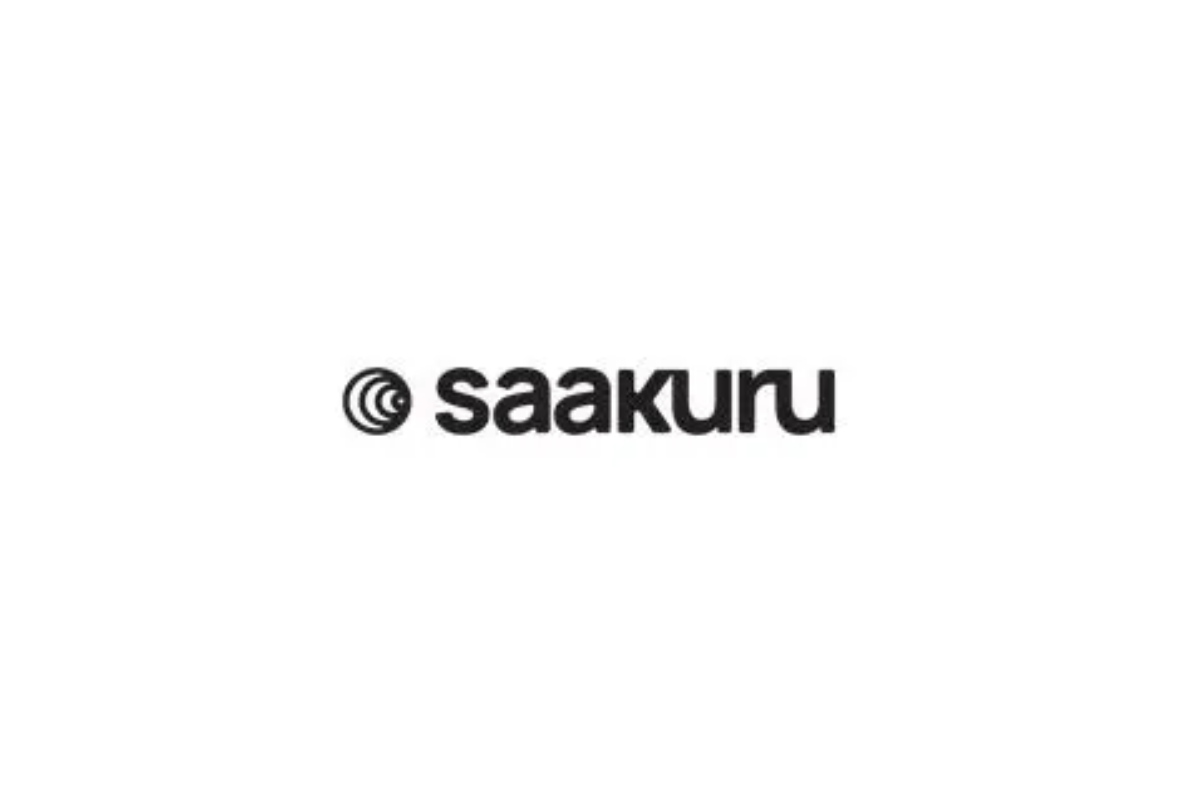Blockchain
Mazars publishes Tech Train study revealing global technological familiarity, investment and implementation levels

Mazars, the international audit and advisory firm, today announces the release of its new report “Are you missing the Tech Train? Global investment and implementation surrounding transformative technologies”. More than 600 C-suite executives based in six countries (China, France, Germany, India, UK and US) and working in different industries, sectors, and organisation sizes share insight on these game-changing technologies, their investment appetites, the barriers they face to technological implementation – and how to overcome them.
CHINA AND INDIA LEAD, FRANCE AND UK LAG
Familiarity: Leaders in China are the most familiar with these five key technologies (79%), followed by Germany (71%), India (69%), US (64%). France and the UK come bottom (53%, 44%.) AI is the technology most respondents feel familiar with.
Investment: Respondents in India have the greatest appetite for increasing the budgets they dedicate to these five technologies. France and UK respondents are most reluctant to increase their budgets (see Exhibit 2.)
Implementation: China and India are the most likely to have implemented at least one of the technologies and share the highest adoption rates for all five technologies. France and UK are the least likely to have implemented any of the technologies.
Sector splits
Insurance and manufacturing are the top sectors where the five technologies have already been implemented. Leaders in the public sector were least likely to have implemented any of the five – 50% of respondents working in the public sector said ‘nothing is happening’ with the five technologies.
Benefits and barriers
Cost savings (27%), business model transformation (26%) and improvements in quality (24%) are the top three expected benefits of the five technologies.
The most cited barriers globally to implementing technologies are: obtaining necessary financial resources (25%), finding talent and skills that can fully grasp and exploit the technology (23%) and market maturity (22%) – whether it’s the right time for an organisation to adopt the technology or not.
Guillaume Devaux, Partner, Head of Technology Sector at Mazars, comments: “Our findings show strong forward momentum in regard to these five game-changing technologies – with China and India leading the pack. Overall, familiarity levels are high, leaders see the impact these technologies can have, and they have plans to increase investment. But there are areas of concern and certain sectors and countries pale in comparison with others.”
Devaux adds, “Leaders who think they’re falling behind need to discover which technology will create significant competitive advantage for their organisation. They should remember that successful tech transformation journeys require broad backing – from a company’s leadership and the team at large. Leaders may set the vision – but they must work with others to realise it.”
SOURCE Mazars USA LLP
Blockchain
PairedWorld Earns Nomination for Best Blockchain Project for Social Impact, Secures $1.5 Million in Private Token Sales, and Welcomes Paul Taylor Who Is a Venture Partner at BlackRock to its Advisory Board
Blockchain
Saakuru Leads the Gasless Blockchain Revolution, Disrupting the Industry

Saakuru has recently achieved significant milestones in its development, positioning itself as a leader in the gasless blockchain revolution that is reshaping the industry. Within just nine months of its launch, the consumer-centric L2 protocol has entered the top 5 brands in its niche and records over 1.44 million weekly users, according to data from DappRadar.
The project is gearing up for the official launch of its Saakuru token ($SKR) by the end of April, supported by a successful private funding round that raised $2.4 million. Saakuru Protocol stands as a pioneering advocate of gasless technology, aiming to accelerate the adoption of Web3 into the mainstream by enhancing the user experience and reducing costs for both developers and end users.
Unlike traditional blockchain networks, which often suffer from high gas fees and security issues, Saakuru Protocol leverages Oasys High-Speed Optimistic Rollups to create a public-permission, gas-less L2 blockchain. This innovative approach eliminates gas fees, improves user experience, and introduces new tokenomics models, enabling the development of versatile decentralized applications with higher security standards, cost-effectiveness, and ease of use.
The Saakuru token serves as a multi-purpose token within the protocol, providing utility and governance. Its advanced burning mechanism gradually reduces the token supply while potentially increasing its value. The token is integrated into all operational layers of the Saakuru protocol:
1. Developer Layer (Saakuru Labs): Provides products and services with proprietary business models, burning 10% of profits.
2. DeFi Layer (Taffy DEX): Utilizes Taffy DEX technology, where 0.005% of transaction fees are converted to SKR tokens and burned.
3. Governance Layer: Enables token holders to participate in protocol governance, with 5% of tokens used for governance initiating the review process being burned.
4. Protection Layer: In the event of triggering the protection mechanism, SKR tokens are burned, with 3% of saved tokens being burned.
Through these innovative features and layers, the Saakuru token and protocol aim to drive adoption, enhance functionality, and provide sustainable value for users and stakeholders alike in the evolving blockchain landscape.
Source: finance.yahoo.com
The post Saakuru Leads the Gasless Blockchain Revolution, Disrupting the Industry appeared first on HIPTHER Alerts.
Blockchain
RFK Jr. Proposes U.S. Budget Transparency with Blockchain

RFK Jr.’s innovative proposal seeks to revolutionize how the American public interacts with the national budget, leveraging blockchain technology to provide unprecedented levels of transparency and accountability.
Under this plan, every detail of the U.S. budget would be recorded on a blockchain ledger, accessible to the public 24/7. RFK Jr. highlighted the transformative potential of blockchain by emphasizing that “Every American can look at every budget item in the entire budget, anytime they want, 24 hours a day.” This approach aims to engage citizens in the fiscal management of the country, with the goal of ensuring that every dollar spent is visible and accountable.
The proposal promises several significant benefits. Firstly, it could substantially reduce corruption and misuse of funds by enabling real-time monitoring of budget allocations. Secondly, it could strengthen the relationship between citizens and their government, potentially fostering greater trust and civic engagement.
However, implementing such a system presents challenges. One major obstacle is the immense amount of data involved in transcribing the entire national budget onto a blockchain. This requires a highly robust and scalable blockchain infrastructure. Additionally, ensuring universal access and usability of this technology for all Americans may require extensive educational initiatives and improvements in digital infrastructure.
Moreover, there are concerns regarding privacy and security. While blockchain offers inherent security features, the continuous updating and review of vast amounts of data could pose vulnerabilities that need to be addressed to prevent breaches.
Nevertheless, the potential benefits of RFK Jr.’s proposal are compelling. If successful, it could serve as a model for other nations, demonstrating how blockchain can enhance transparency and public participation in government. Ultimately, this initiative has the potential to redefine the standards for accountability and transparency in government spending, marking a significant step forward in the management of public resources.
Source: altcoinbuzz.io
The post RFK Jr. Proposes U.S. Budget Transparency with Blockchain appeared first on HIPTHER Alerts.
-

 Blockchain7 days ago
Blockchain7 days agoBlockchain Transforming Travel: Quantum Temple’s Innovative Venture
-

 Blockchain4 days ago
Blockchain4 days agoPhoenix Group Engages BHM Capital as Liquidity Provider to Boost ADX Liquidity and Enhance Market Dynamics
-

 Blockchain5 days ago
Blockchain5 days agoQuantum eMotion Files a Patent for Quantum-based Blockchain Wallet Under the Patent Cooperation Treaty (PCT)
-

 Blockchain Press Releases5 days ago
Blockchain Press Releases5 days agoCanaan Shines at Blockchain Life 2024 in Dubai
-

 Blockchain Press Releases5 days ago
Blockchain Press Releases5 days agoBybit Institutional Report 2024: Institutions Become Bullish and Eye Challenger Chains, while VC Funding Resurges for Infrastructure, Gaming, and AI
-

 Blockchain5 days ago
Blockchain5 days agoElizabeth Warren Urges Treasury Secretary Yellen to Implement Strong AML/CFT Measures for Stablecoins
-

 Blockchain Press Releases6 days ago
Blockchain Press Releases6 days agoBybit and Franck Muller Partner with Sidus Heroes to Launch Cosmic Gears: A Pioneering Web3 Game with a $250,000 Prize Pool and Exclusive Watch Collection
-

 Blockchain7 days ago
Blockchain7 days agoEvolution of the Blockchain World: Doric Blockchain Drives Education and Adoption of Blockchain Technology and Tokenization in Latin America










































